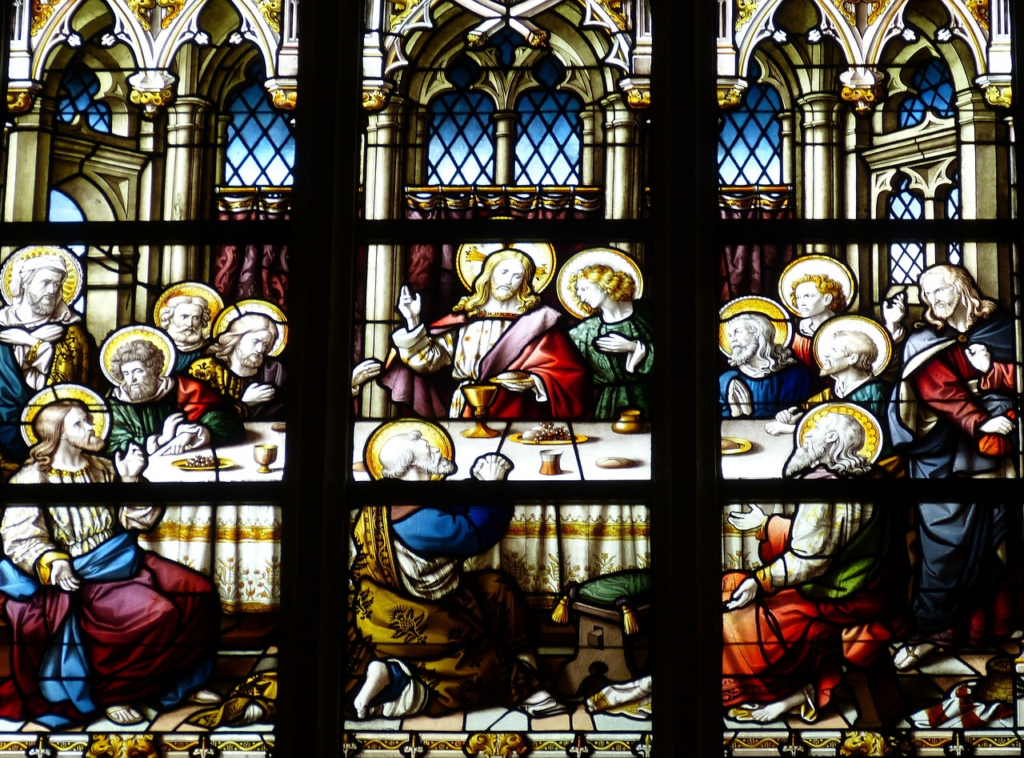At the heart of Christian history, the Twelve Apostles play a fundamental role. They were the disciples chosen by Jesus to be his closest followers and to spread his message throughout the world. However, there is evidence to suggest that Jesus may have had more than just twelve apostles. Let's explore this evidence and consider what impact it might have on our understanding of Jesus' life and ministry.
The tradition of the Twelve Apostles
Since the earliest days of Christianity, the tradition of the Twelve Apostles has been fundamental. Matthew 10:2-4 and Luke 6:13-16 list the twelve names that became synonymous with leadership in the early Christian Church. Peter, Andrew, James, John, Philip, Bartholomew, Thomas, Matthew, James (son of Alphaeus), Thaddaeus, Simon (the Zealot) and Judas Iscariot are widely known as the Twelve Apostles.
Evidence of apostles beyond the Twelve
Since the dawn of Christianity, the figure of the Twelve Apostles has been central to the narrative of Jesus' life and ministry. However, by carefully examining the Scriptures and other historical records, evidence emerges to suggest that Jesus' inner circle of followers may have been wider than traditionally recognized.
Paulo de Tarso
Paul of Tarsus, formerly known as Saul, is a prominent figure in early Christianity, although he was not one of the original Twelve Apostles. He is credited with spreading Christianity among the Gentiles and is the author of several New Testament epistles. His influence and contribution to the Christian faith are undeniable, which raises the question of whether he should be considered an apostle.

Barnabas
Barnabas, a companion of Paul, is also mentioned in Scripture as a key figure in the spread of Christianity. Although he is not listed as one of the Twelve Apostles, he is often called an apostle in Acts 14:14 and other passages.
James, the brother of Jesus
James, the brother of Jesus, played a significant role in the leadership of the early church in Jerusalem. Although he is not often referred to as one of the Twelve Apostles, he is mentioned as an important figure in Acts 15 and elsewhere in the New Testament.
Mary Magdalene
Mary Magdalene is an intriguing figure in the Gospels, often mentioned as a devoted follower of Jesus. There is speculation and evidence to suggest that she may have played a more prominent role than is generally acknowledged, possibly being considered an apostle by some of Jesus' earliest followers.
Theological and historical implications
The possibility that Jesus had more than just twelve apostles has significant implications from both a theological and historical point of view. If we accept that people like Paul, Barnabas, James and Mary Magdalene were indeed apostles of Jesus, it broadens our understanding of the diversity and breadth of the early Christian movement.
Furthermore, this raises questions about authority and leadership within the early church. If others besides the Twelve were considered apostles, how does this affect our understanding of the structure and organization of the church in the early years of Christianity?
From a historical point of view, the consideration of apostles beyond the Twelve challenges us to re-evaluate historical sources and the reconstruction of Jesus' life and ministry. It reminds us that our understanding of the past is often influenced by interpretation and tradition, and that history is often more complex than we can imagine.
The importance of the Apostles
While Christian tradition has emphasized the importance of the Twelve Apostles, there is evidence to suggest that Jesus may have had more close followers than generally acknowledged. The inclusion of figures such as Paul, Barnabas, James and Mary Magdalene as possible apostles broadens our understanding of the diversity and complexity of the early Christian movement.
While this may challenge some traditional notions, it also reminds us of the richness and depth of Christian history. By considering this evidence, we are invited to explore Jesus' life and ministry more deeply and to recognize the variety of voices and perspectives that contributed to the growth and spread of Christianity in the early centuries.
See also: Praying can change everything; understand the reasons why
April 3rd, 2024
With much faith and positivity, she writes for the Oração e Fé daily, bringing messages and Divine teachings to everyone.